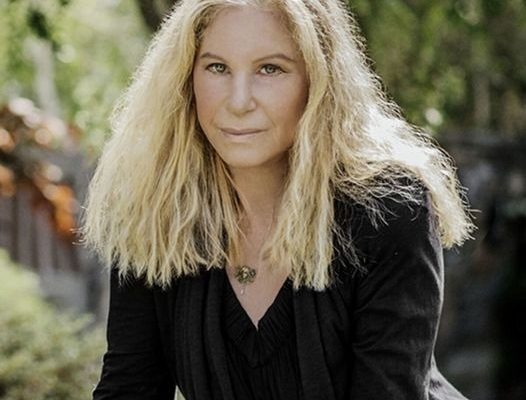Egendary singer and actress Barbra Streisand has openly defended Fulton County District Attorney Fani Willis, who has recently come under fire from conservative circles, in a daring demonstration of support for women in leadership roles.

According to Streisand, the criticism directed at Willis is a reflection of a larger social problem: the propensity to unfairly single out and criticize the private lives of women.
Willis, who is now in charge of a well-known probe into possible wrongdoing during the 2020 election, has drawn criticism for her alleged relationship with Nathan Wade, a Georgia deputy attorney also working on the matter.

Social media discussions on this relationship quickly gained traction, with many supporters pointing out the sharp contrast between Willis’s scrutiny and the way male politicians are generally treated, whose private lives are frequently left undiscussed
In response to this seeming double standard, Streisand condemned the criticism of Willis’s persona, claiming that it is a smokescreen for the actual problems at hand. The focus on Willis’s personal life,

she said, was a thinly veiled attempt by former President Donald Trump and his supporters to divert attention from the fundamental legal issues of election fraud and the deployment of phony electors.
In a recent interview, Streisand said, “This isn’t about her personal life.” It has to do with ethics and fairness. Attempting to discredit a woman who is performing her duties only serves to emphasize the unjust expectations that women still have, especially in positions of power.

The demand that women in high-stakes positions maintain a perfect balance between their personal and professional lives—a requirement that their male counterparts rarely face to the same degree—is highlighted by Streisand’s campaigning.
Willis’s predicament serves as a reminder of the numerous unsaid difficulties women face in juggling their private obligations with public scrutiny. According to Streisand,

this pattern indicates that women are more frequently evaluated on the basis of their personal preferences than their professional abilities, exposing society’s persistent prejudices toward women’s roles.
According to Streisand, “women should have the same freedom as men to live their lives, both publicly and privately, without needless criticism.” Her remarks support the increasing demand for work settings where everyone, regardless of gender, is evaluated on their performance rather than their relationships or way of life

In addition to endorsing Willis, Streisand’s outspoken position demonstrates her dedication to equality and individual liberty. Streisand’s impact raises awareness of the need for systemic change because she is a well-known person who has long supported social justice causes.
Her support inspires people to consider and confront these ingrained prejudices in the larger struggle for gender equality.
The discussion over how society perceives powerful women and the responsibilities they carry has been rekindled by Streisand’s engagement. Her remarks serve as a potent reminder that evaluation and inspection ought to be predicated on contributions and actions rather than individual preferences.
Streisand publicly supports Fani Willis, demonstrating her solidarity with people working to make gender justice a reality rather than just an ideal.



